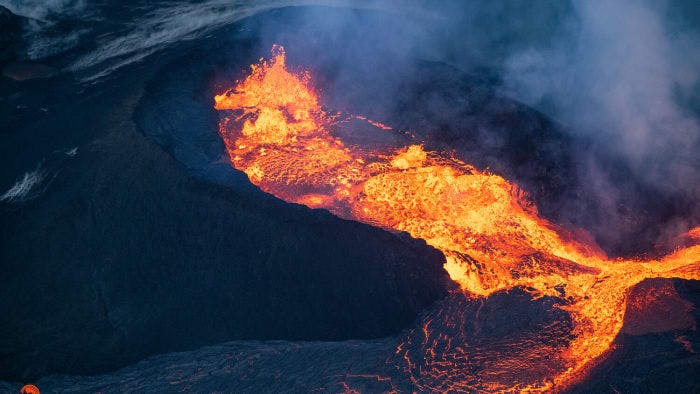Jan 01, 1970
Makahiki season is part of the ancient Hawaiian calendar dedicated to the god Lono, one of four Hawaiian deities, who is associated with fertility, rainfall, agriculture, music, and peace. During this period maka ʻāinana (citizens) would offer their finest clothing, foods, and crafts to the *aliʻi *(royalty) as a sign of respect and in hopes of Lono bestowing them with favorable conditions for food growth.
Once offerings were complete, the celebration started with tournaments known as the Makahiki games played by the *maka ʻāinana *(citizens) in each ahupaʻa (district). These games developed physical, mental, and spiritual strength and were played throughout the year. Makahiki season was a time to showcase those skills and the best players were invited by aliʻi to compete against ahupaʻa across the land. Thousands of maka ʻāinana would attend the tournament honoring distinguished athletes with their support. Champions were homegrown heroes who carried the honor of winning the games.
Hawaiʻi carries on the tradition of the Makahiki games to the present day. *Keiki *(children) in schools across the state prepare for the games in the months of October through December. *A kumu *(teacher) chooses the best athletes from each grade to represent their grade level in the Makahiki tournament that takes place in early January ensuring that these traditional games continue to be passed from generation to generation.
Makahiki Games:
- ʻulu maika – traditional stone disk rolling game
- ʻōʻō ihe – spear-throwing game
- hukihuki – tug-of-war
- haka moa – traditional one-arm, one-leg wrestling match
- Uma – ground hand wrestling
- Kūkini – foot racing
- Kōnane – Form of checkers
The Paradise Blog
Hawaii Lava Update
The latest happenings at Kīlauea, Mauna Loa, and Hawai'i Volcanoes National Park

